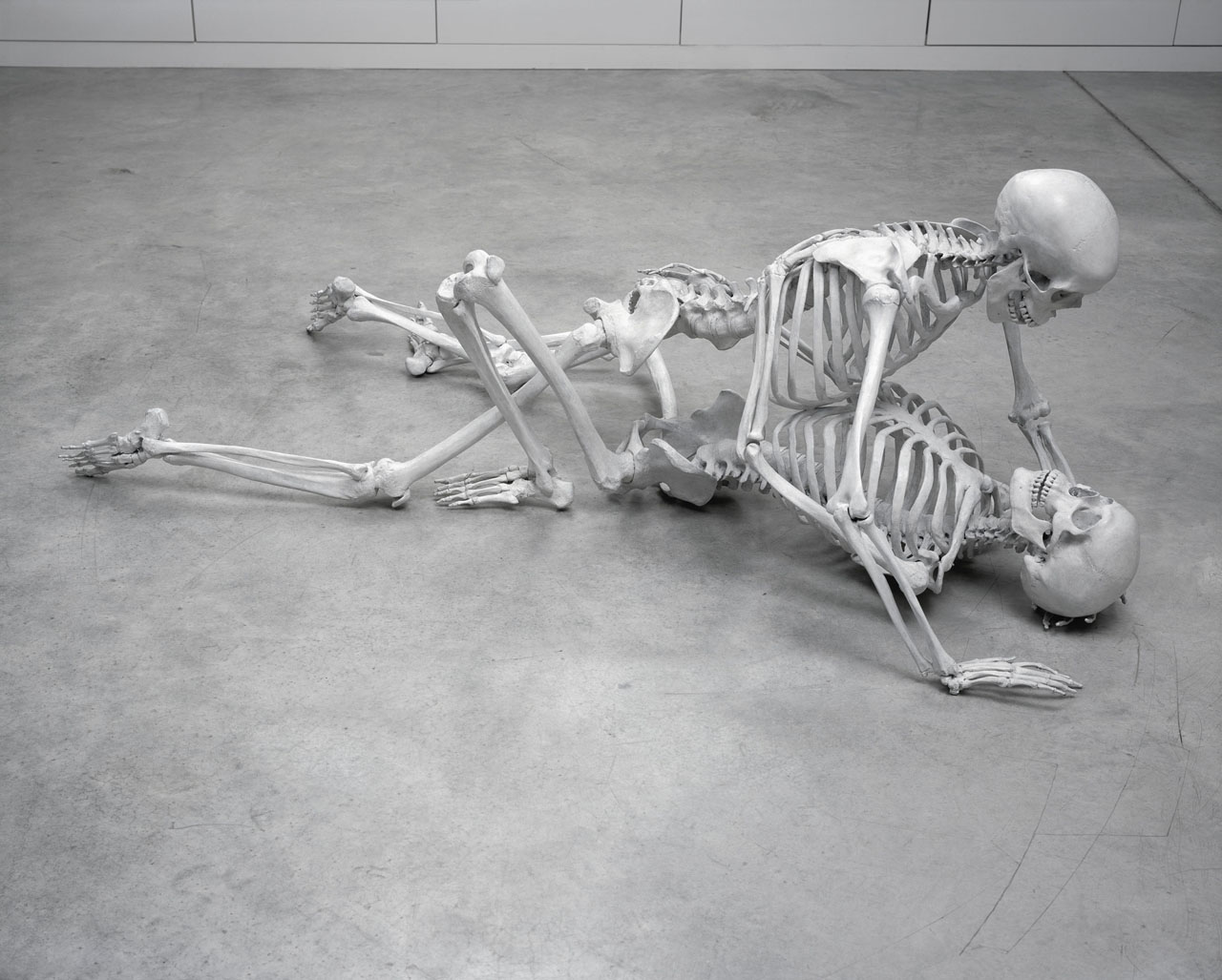
Foundation
Marc Quinn
October 5 → January 6, 2008
Gathering over forty recent works, DHC/ART’s inaugural exhibition by conceptual artist Marc Quinn is the largest ever mounted in North America and the artist’s first solo show in Canada
On the surface, fire looks like a destructive force, but Lee Bae’s UNION exhibition at the PHI Foundation in winter 2021 evoked its transitive nature. Annihilation and obliteration are vital steps on the path to transformation and rebirth.
For my Experiments in Photography project, the performative aspect of the traces left by fire inspired me to reflect on the creative process as a whole and the concept of transformation as a cycle that illuminates everything it touches with meaning through the passage of time. The creative cycle is a reflection of the cycle of life. Over the past year, analog photography has become my sole form of artistic expression. Its richness and vibrancy have given me a new perspective on my practice and allowed me to step back from the immediacy of digital photography.
The photogram was a precursor of analog photography as we know it. The technique involves recording the traces left behind when an object is placed on a photosensitive surface. It eliminates the need for a camera, representing a return to the beginnings of photography, when the artist was still in full control of all the stages of image creation. It is a long and tedious process that produces surprising results. Impressions of objects placed on photosensitive paper are recorded by exposing them to light. An image that was previously invisible to the naked eye is revealed. The invisible miraculously becomes visible as an image emerges, written in the language of light. To look at a photogram is to gain a new perspective on life, the visible and invisible realms, the figurative and the abstract, and that which is lost and that which is irredeemably transformed.
Lee Bae’s streamlined yet powerful creative process gave me pause to reflect on my own artistic practice. As a portrait photographer, I have always been interested in people and their relationships, interactions, joys, and sorrows. My work is inspired by my own life and the lives of those around me. I humbly attempt to authentically document our ups and downs. My sole goal has been to illuminate the invisible, whether it be involuntary facial expressions or gestures, or naked bodies that lock eyes candidly with the camera. The search for authenticity and humility in my practice has pushed me to keep experimenting with alternative ways of processing film. I came to wonder about the differences in perception and language between colour and black and white photography. What would happen if I processed colour film with chemicals that don’t develop primary and complementary colours? What would remain if I deliberately erased these layers? What impact would the chemical process have? Would it affect my understanding of the image? And if so, how?
Cross processing means intentionally developing film with the wrong chemicals. It’s a counterintuitive, painstaking, and inexact way of creating black-and-white photos from colour film, and vice versa. With this technique, photography ceases to mirror reality—the colours captured on the film are not reproduced accurately. Like photograms, what you see is not necessarily what was shot. The mimesis of photography is continually called into question during the various stages of image alteration, whether it is voluntary or not.
The goal of my explorations was to rethink photographic images through a myriad of approaches and modes of perception. In a way, it’s similar to Lee Bae’s abstract charcoal paintings. Our creative processes are both imbued with a quasi-meditative openness to unpredictability and transformation. My reflections have reinforced my belief that the most important part of any creative act is the willingness to see it as an essential vehicle for change that constantly questions the status quo and aspires to a better future. That’s the artist’s fundamental role in these uncertain times of disruptive change.
This article was written as part of Platform. Platform is an initiative created and driven jointly by the PHI Foundation’s education, curatorial and Visitor Experience teams. Through varied research, creation and mediation activities in which they are invited to explore their own voices and interests, Platform fosters exchanges while acknowledging the Visitor Experience team members’ expertise.
Author: Jessica Lelièvre
Jessica Lelièvre is a French-Canadian artist and photographer. Her work is an intimate, honest diary at the intersection of figuration and fiction. She draws inspiration from anarchy and noise, nonsense and simple, bittersweet moments. Her work combines photography, writing, and video installation. In 2017, Jessica co-founded a photography collective that holds events and exhibitions and releases publications with the aim of fostering discussion on a range of issues in photography and the art world at large. jessicalelievre.com
Entitled is a collective that brings together work of emerging contemporary artists in Montréal, with a special focus on auteur photography and alternative processes. The principal members hold exhibitions in venues across the city and release art publications throughout the year. Their work is the fruit of a collective curatorial practice that aims to dismantle the old boys club that has historically dominated the art world. Entitled strives to highlight new talent and is committed to sharing work openly and inclusively and respecting the gender, identity, and culture of the artists it represents. en-titled.com

Foundation
Gathering over forty recent works, DHC/ART’s inaugural exhibition by conceptual artist Marc Quinn is the largest ever mounted in North America and the artist’s first solo show in Canada
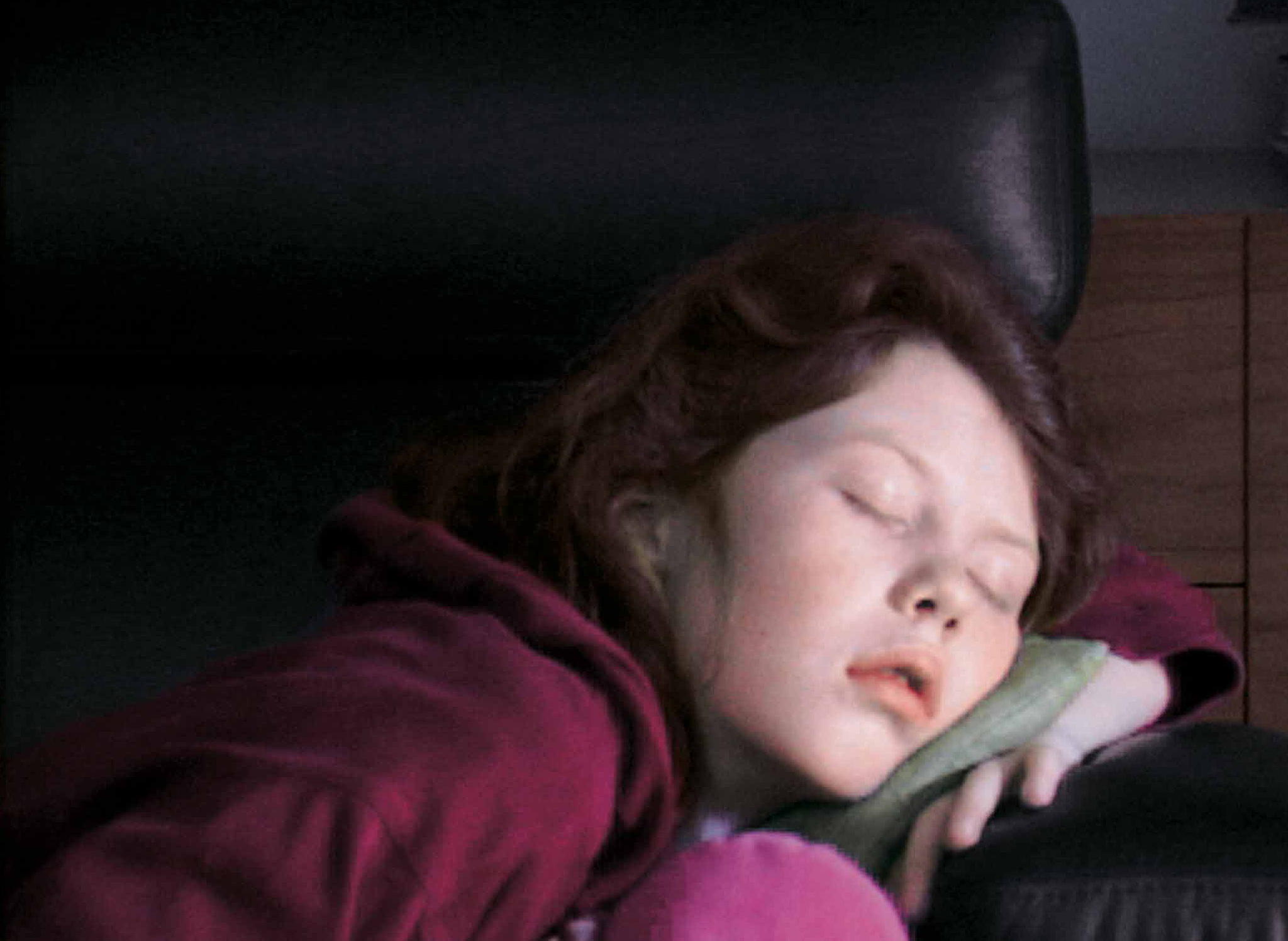
Foundation
Six artists present works that in some way critically re-stage films, media spectacles, popular culture and, in one case, private moments of daily life
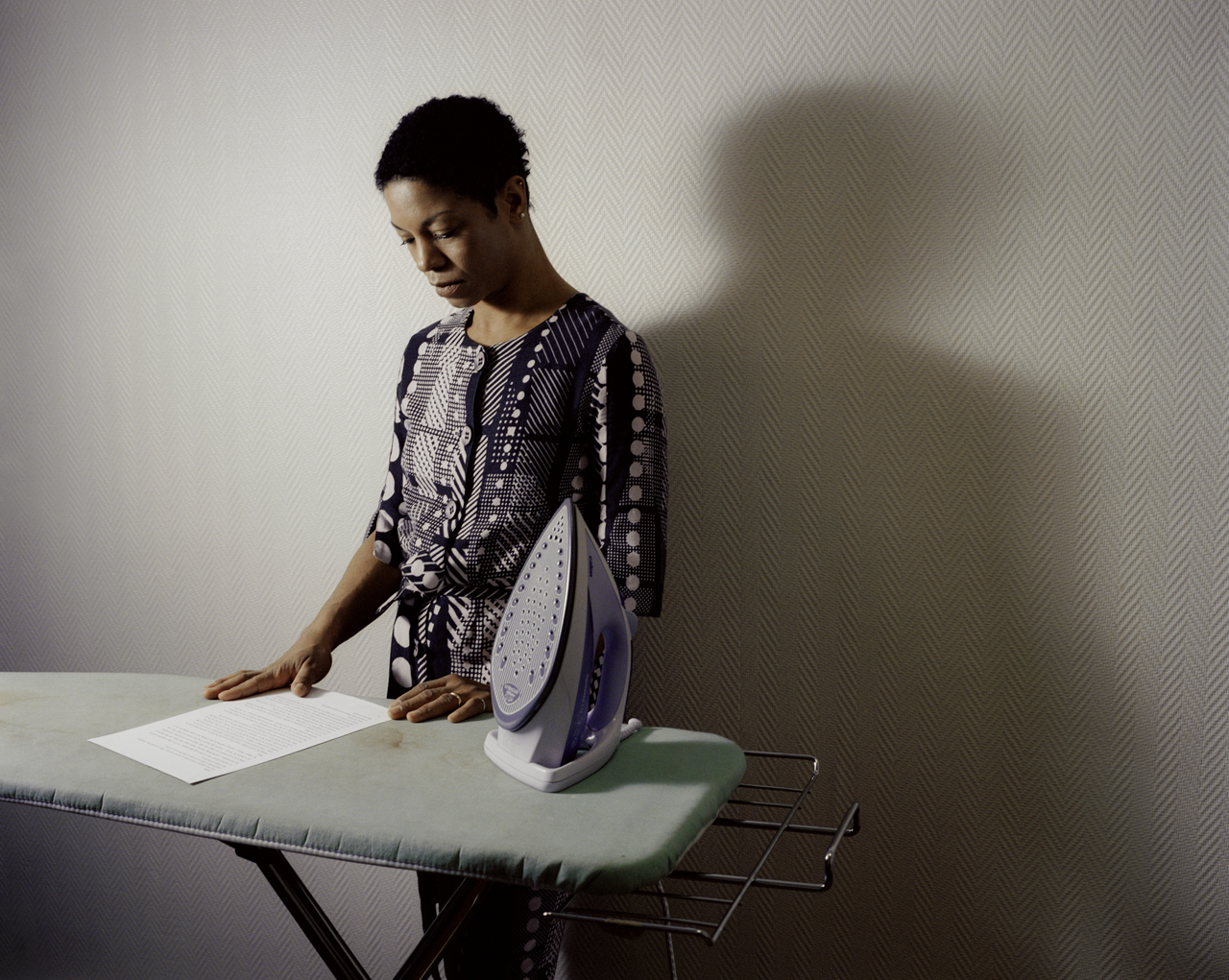
Foundation
This poetic and often touching project speaks to us all about our relation to the loved one
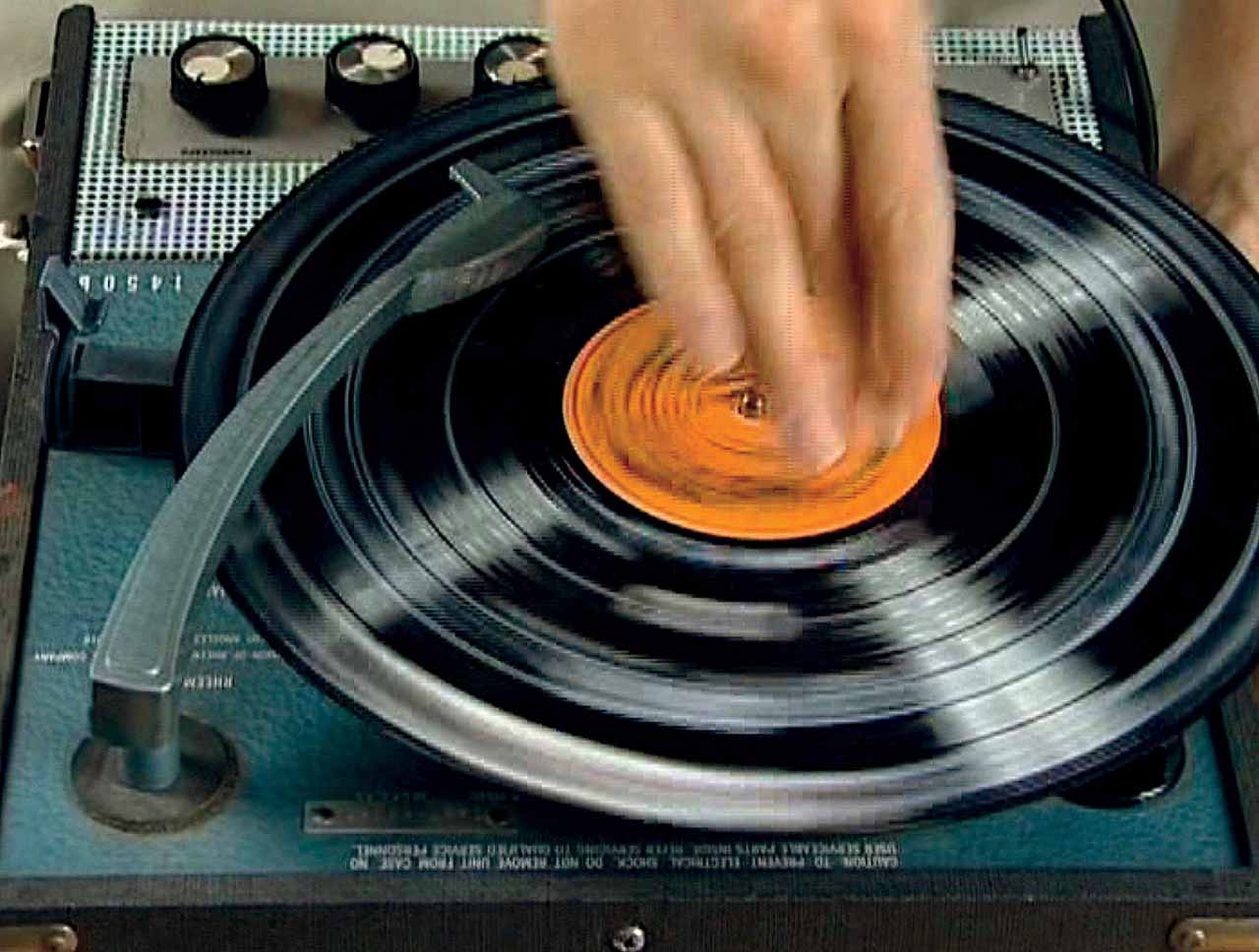
Foundation
DHC/ART Foundation for Contemporary Art is pleased to present the North American premiere of Christian Marclay’s Replay, a major exhibition gathering works in video by the internationally acclaimed artist
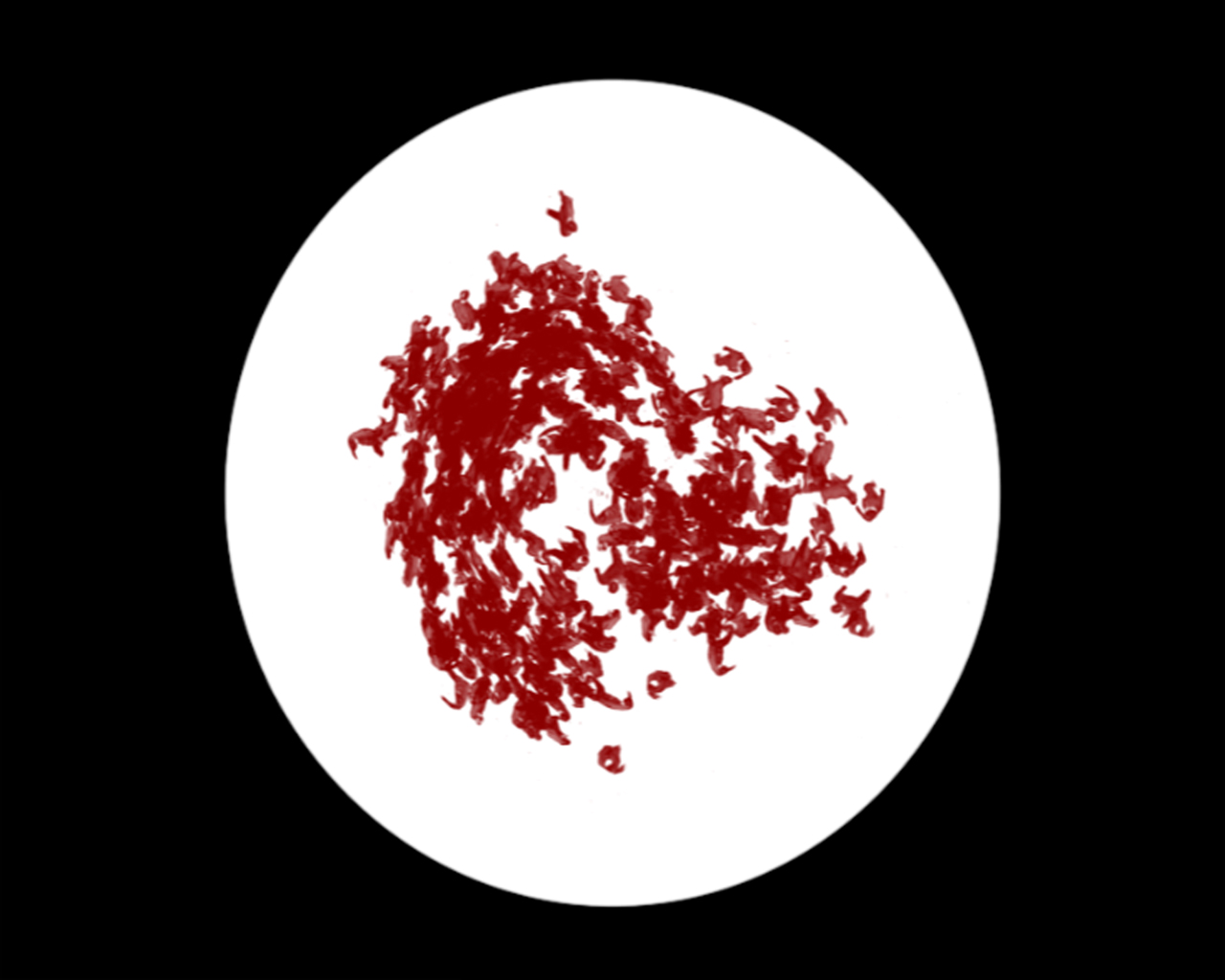
Foundation
DHC/ART is pleased to present Particles of Reality, the first solo exhibition in Canada of the celebrated Israeli artist Michal Rovner, who divides her time between New York City and a farm in Israel
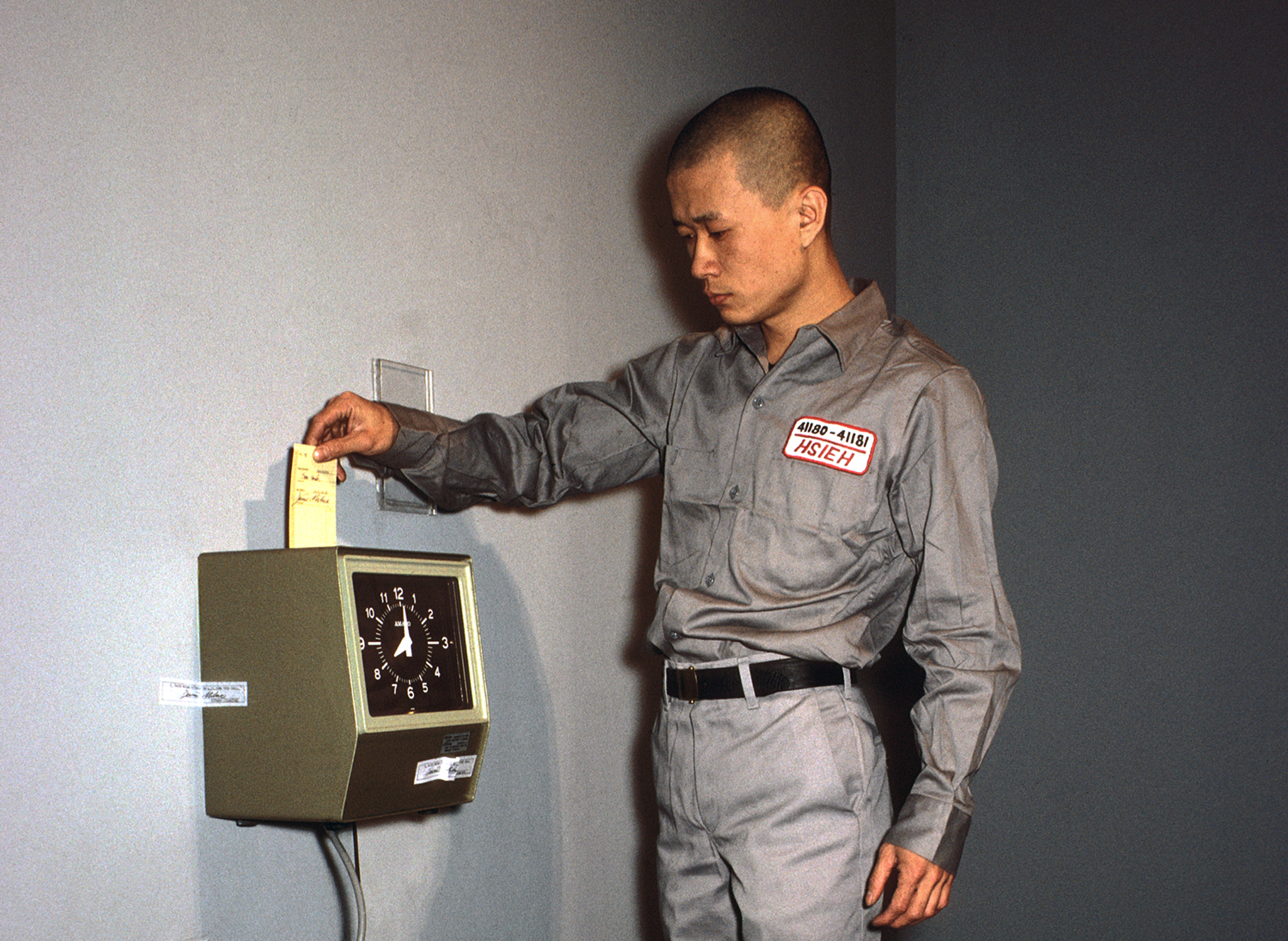
Foundation
The inaugural DHC Session exhibition, Living Time, brings together selected documentation of renowned Taiwanese-American performance artist Tehching Hsieh’s One Year Performances and the films of young Dutch artist, Guido van der Werve
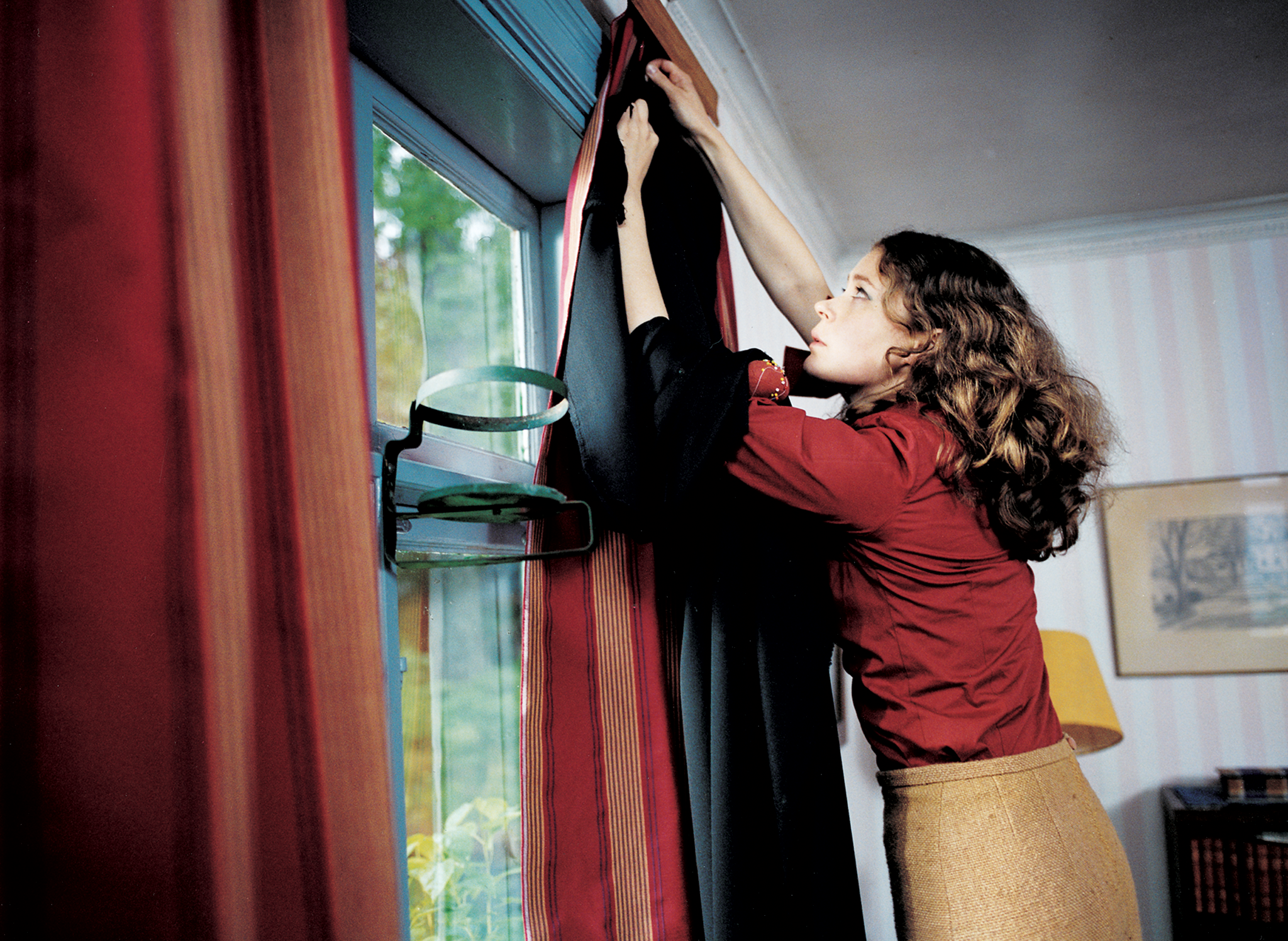
Foundation
Eija-Liisa Ahtila’s film installations experiment with narrative storytelling, creating extraordinary tales out of ordinary human experiences
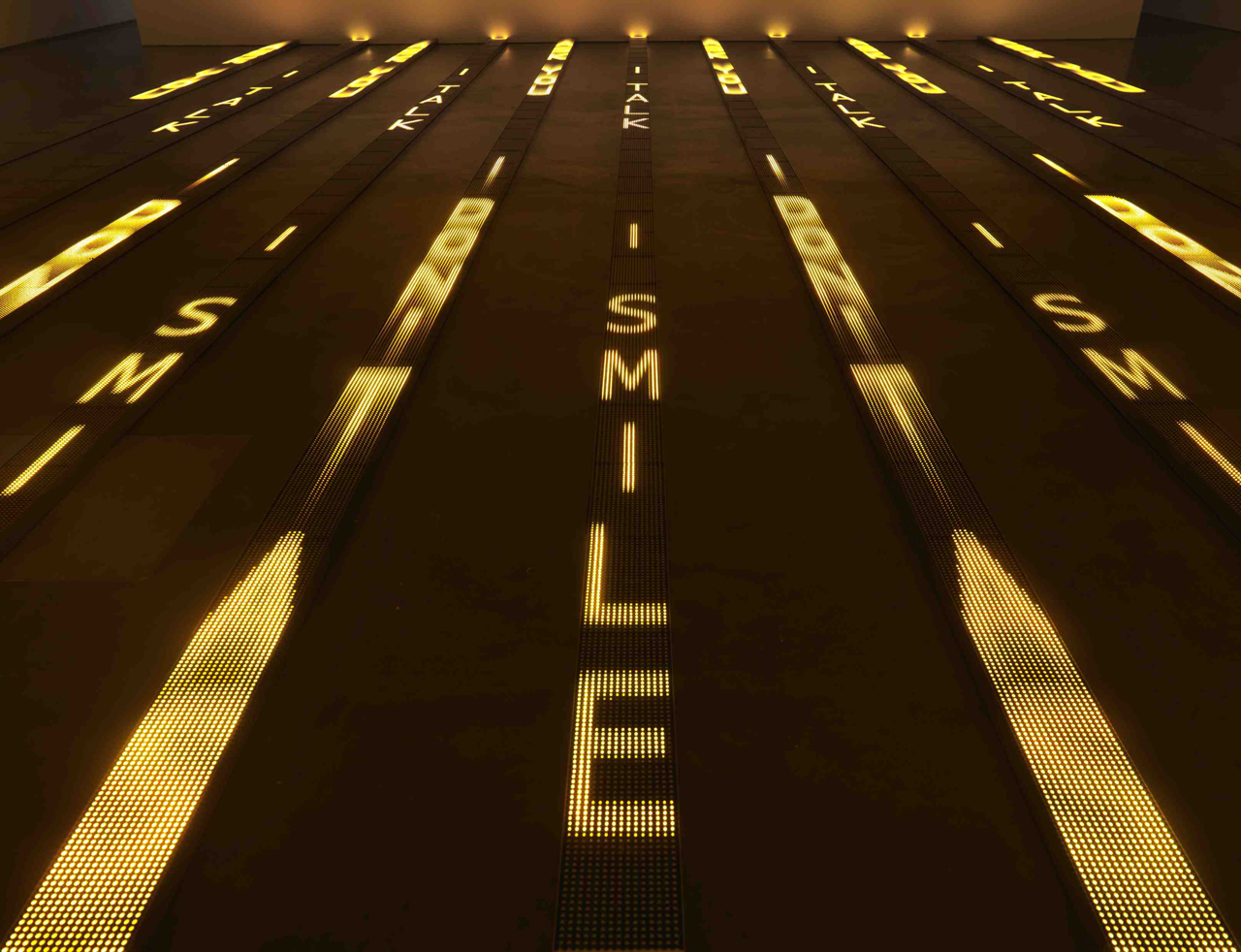
Foundation
For more than thirty years, Jenny Holzer’s work has paired text and installation to examine personal and social realities